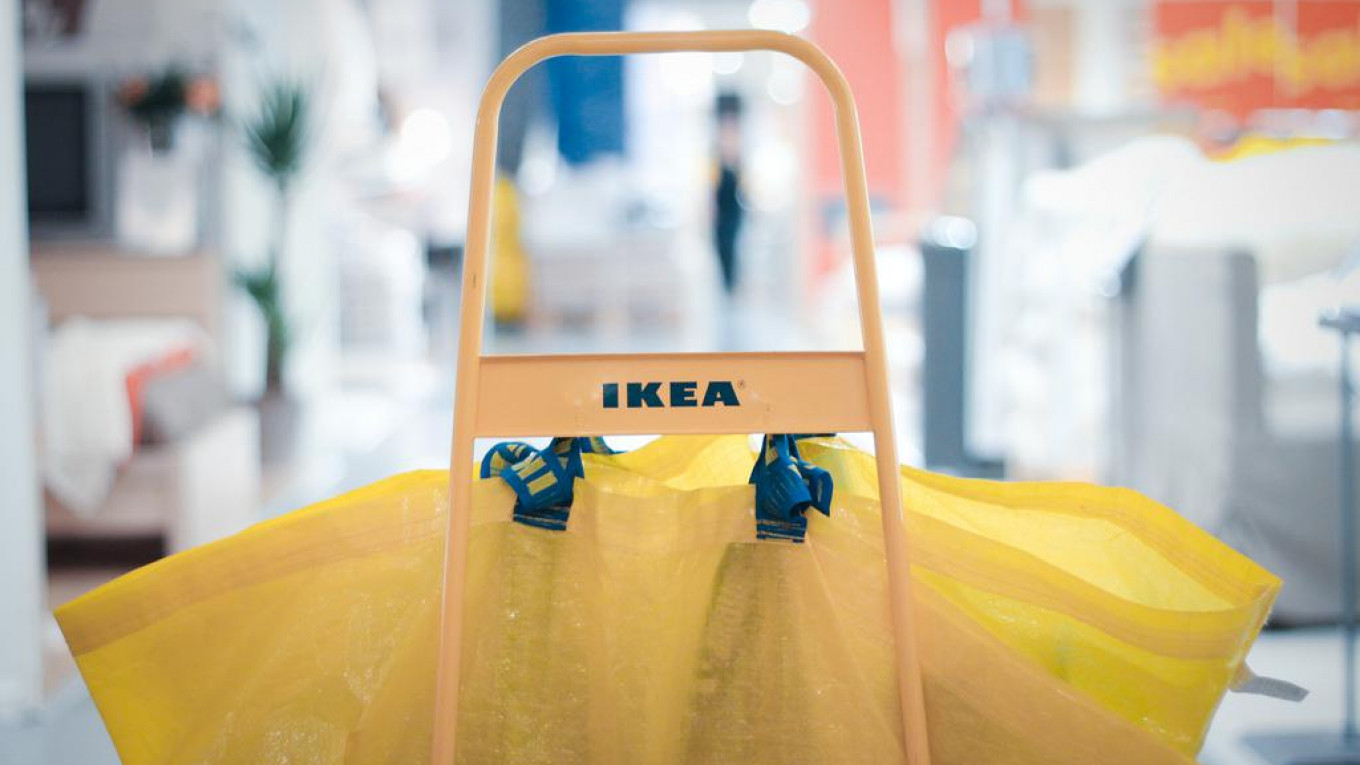I had visited the IKEA in Prague, so when it opened its first store in Moscow, I went on opening day.
There were huge crowds — just enormous numbers of people. The lines to check out started way back in the flower section and the cashiers were working so hard, people brought them bottles of water so they didn’t faint. It took two hours to check out, but no one minded.
There was music playing and it was like a holiday. There was nothing like this in Russia at all — nothing like their designs, colors, or styles, not to mention the service and design tools.
In the Soviet period, if you weren’t a bureaucrat or someone with “pull,” you had no access to imported or well-made and attractive Soviet goods. The only way to buy them was on the black market for double the price. Household goods weren’t accessible or affordable.
When IKEA opened, it was as if our dreams came true — nice things that were both accessible and affordable for just about everyone. As one of my friends said, “We always used to say, ‘I’ll buy that later. Sometime later I’ll get that.’ And with IKEA, that ‘later’ finally arrived.”
Even now, the joke in the family is that we go to buy lightbulbs and end up with only four lightbulbs and 5,000 rubles ($85) worth of “accessories” — and frozen Swedish meatballs. I’m convinced that there isn’t a family in Moscow who doesn’t have IKEA frozen meatballs in the freezer.
It’s just a fun place to be. When my son was small, he used to say after a trip to the mall, “I want to live there!”
Anna Anufrieva is an interior designer based in Moscow.
This article is part of The Moscow Times' 25th anniversary special print edition. To view the entire issue click here.
A Message from The Moscow Times:
Dear readers,
We are facing unprecedented challenges. Russia's Prosecutor General's Office has designated The Moscow Times as an "undesirable" organization, criminalizing our work and putting our staff at risk of prosecution. This follows our earlier unjust labeling as a "foreign agent."
These actions are direct attempts to silence independent journalism in Russia. The authorities claim our work "discredits the decisions of the Russian leadership." We see things differently: we strive to provide accurate, unbiased reporting on Russia.
We, the journalists of The Moscow Times, refuse to be silenced. But to continue our work, we need your help.
Your support, no matter how small, makes a world of difference. If you can, please support us monthly starting from just $2. It's quick to set up, and every contribution makes a significant impact.
By supporting The Moscow Times, you're defending open, independent journalism in the face of repression. Thank you for standing with us.
Remind me later.






